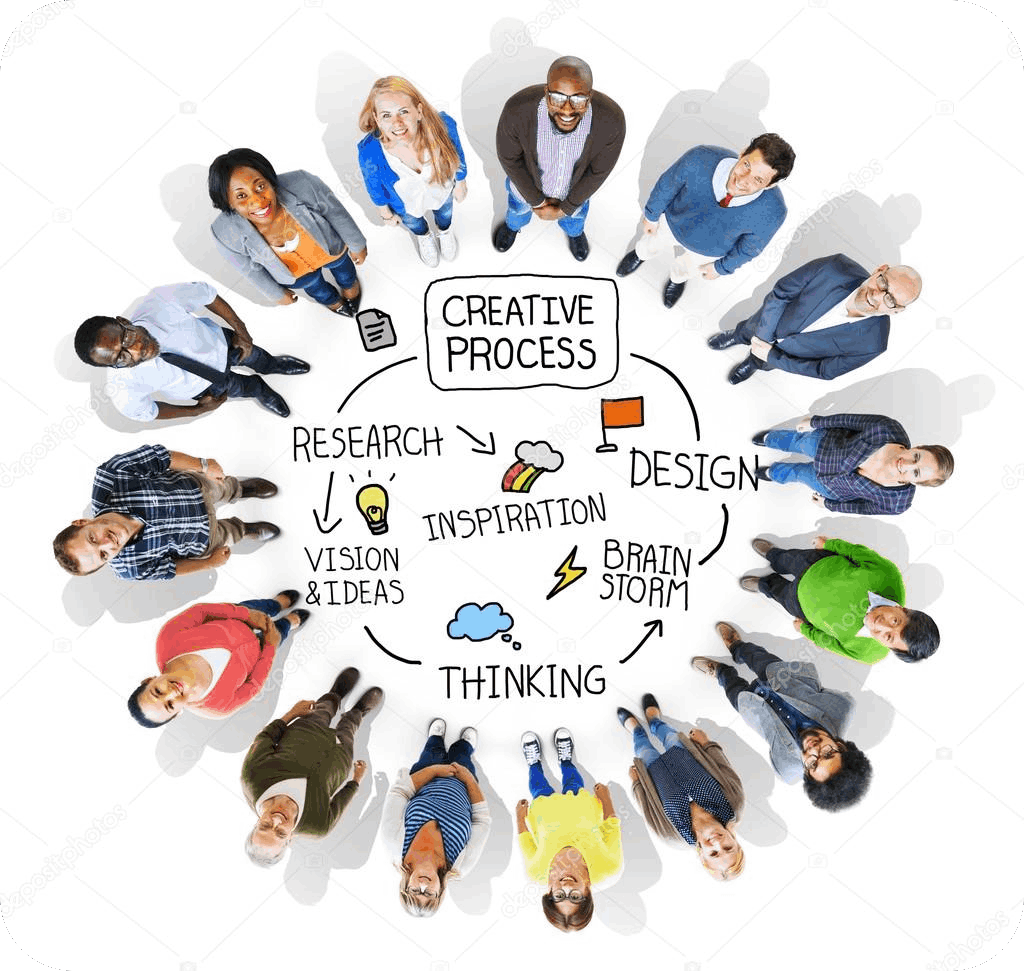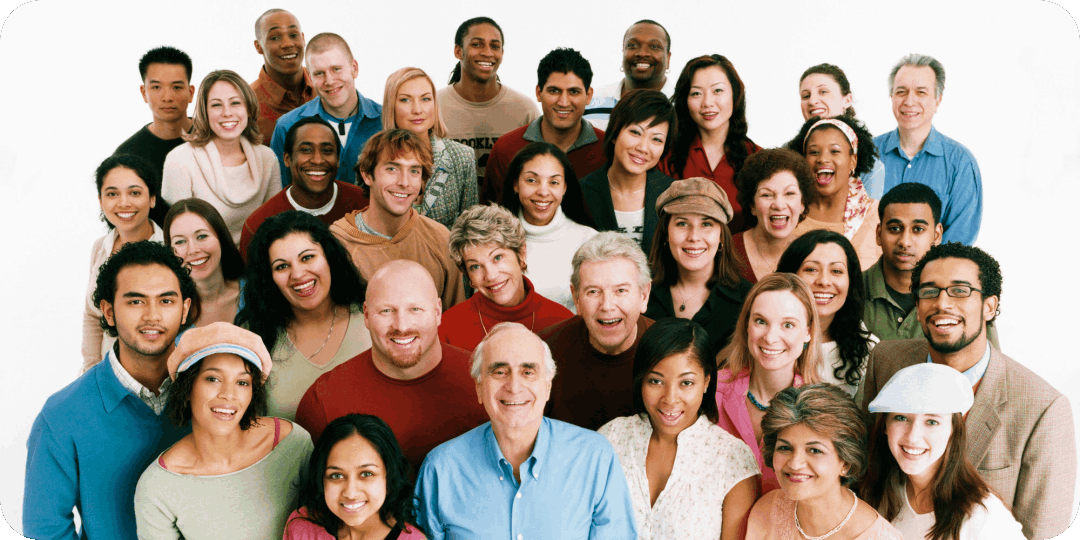



Division of the South Carolina Human Affairs Commission with the responsibility of fulfilling the goals of the South Carolina Human Affairs Act that focus on enhancing community relations and conditions via a network of diverse community members, groups, stakeholders and activities
Definitions, Principles and Values
process of bringing diverse community members, groups (or appropriate representatives) and stakeholders into constructive engagement and collaboration about key contributors to the quality of community life, including community relations
extent to which the functioning and state of a community maximizes the most amount of well being and satisfaction for the most citizens, while addressing the reasonable rights, interests and needs of individuals, minorities, groups, future generations and the natural environment (within the resource constraints of the community)
the political process, elected entities and the public, private and non-profit sectors establish the prevailing approach to promoting the quality of community life
the official community relations and development system is state-government sponsored system comprised of local community members/stakeholders that (1) partners with and/or complements the prevailing system, and (2) provides constructive and collaborative support for the process of developing key contributors to the quality of community life, including community relations (systems oriented support)
refers to basic physical, psychological, spiritiual, financial, educational, social and environmental states that support health and happiness
refers to a general perception (observations) and experience (feelings, thoughts and wants) that community members have about the functioning and state of their community that produces a general disposition toward the community ranging from disatisfaction to satisfaction
the prevailing approach to promoting the quality of community life is primarily determined by the political process and the functioning of the public, private and non-profit sectors (within the resource, legal, bill-of-rights and constitutional constraints/framework). Key aspects of the prevailing approach include:
- levels and types of taxation
- levels and types of government debt acquisition and expenditure
- level and type of attention paid to equality of opportunity
- level and type of attention paid to equality of outcomes
- level and type of indirect and direct government involvement within the functioning of a society (e.g. regulation, direct provision of services etc.)
- orientation toward civil and economic liberties (e.g. free speech, free enterprise etc.)
- relative emphasis on public, private and non-profit sectors to provide products/services
is intentional behavior directed at influencing others to support and/or produce a predetermined outcome
strong outcome advocacy is an intellectual, emotional and behavioral orientation toward a target situation where (1) what is being paid attention to within that situation, and how the situation is framed/described is mostly predetermined (2) the analysis of the situation is mostly predetermined, and (3) responses are predetermined
is a form of support that focuses on helping to establish, maintain and enhance functional processes of:
(1) interpersonal enagement that promotes mutual learning, development and adjustment, and
(2) analysis, informed decision making and implementation of initiatives,
with regard to the quality of community life, including community relations
a systems orientation is based on the principle that their are natural and constructive forces within individuals and groups that are unleashed when there are constructive patterns of engagement and well designed processes to support problem solving, decision making and implementation (a lack of constructive patterns encourages defensiveness, rigidity and a lack of mutual learning)
the official community relations and development system in South Carolina has a general orientation
to promote
mutual learning, cooperation, adjustment and development among diverse citizens
that supports
harmony, goodwill and the betterment of human affairs
through the use of
a systems approach that promotes constructive and collaborative patterns of engagement, examination, analysis, advise and support for key contributors to the quality of community life, including community relations
refers to the relations between (1) particular community groups, and/or (2) between the community as a whole and particular community groups
community group is a collection of community members with a common characteristic (e.g. local hispanic population, high school teachers, business community etc.)
community groups exist on the basis of a wide range of involuntary-voluntary and short-long term common characteristics (e.g. race, gender, religion, neighborhood, private/public sector organization, local association of organic farmers, hobby groups, group of volunteers that help clean up after a flood etc.)
Formal groups typically acknowledged themselves as such, and have an formal organizing process that produces explicit goals, operating processes and roles (e.g. the local United Way)
Informal groups do not have formal organizing processes but may spontaneously, informally or temporarily organize around a common purpose and act in a cooperative manner (e.g. group of nieghbourhood residents who are concerned about rising levels of coastal erosion, or a group of strangers who spontaneous organize to help victims of a earthquake)
consequential group characteristic is a group characteristic that significantly influences community relations (contributes toward consequential community relations) and the quality of community life (e.g. tensions between a recent immigrant group and long term residents of a community - the group characteristic of recent immigrant and long-term resident become consequential group charatertistics from a community relations perspective)
relations between (1) particular community groups, and/or (2) the community as a whole and particular community group(s), that influences consequential individual and group level experiences/behavior and quality of community life
refers to the process of bringing community groups (and/or appropropriate representatives) and key community stakeholders into constructive engagement with one another for the purpose of:
(1) addressing reasonable and consequential grievances about the impact of community relations on the quality of community life (e.g. local police department and a neighbourhood association meet to address concerns about how community members and the police engage one another)
(2) promoting mutually beneficial and satisfying co-existance (e.g. local police department and community groups develop a system for supporting each other more effectively)
refers to:
(1) groups identified by the protected characteristics defined within the body of Federal and State Civil Rights Legislation (e.g. race, gender, age, national origin, religion etc.). These characteristics are considered to be consequential because they have a relatively higher liklihood of influencing the relations between the group in question and the other groups in the community or the community as a whole in a way that has a consequential impact on the quality of community life)
(2) groups of citizens with a consequential common characteristic (e.g. veterans with PTSD that are having difficulty reintegrating into society and significantly contributing to the homeless community, which is resulting in a consequential relationship with the local community, government, retail businesses and service providers)
processes of general engagement that promotes authentic and skillful description of observations, perceptions and inner experiences, and a skillful balance of active listening, seeking input, giving feedback, demonstrating support, challenging others and setting reasonable boundaries
willingness to witness and acknowledge the observations, perceptions and experiences (thoughts, feelings, wants) of others within the understanding that perceptions and inner experience is the result of both (1) what happens to someone (external conditions), and (2) what they do with what happens to them (shaped by internal processes, conditions and motives)
commitment to clarifying and acknowledging the origins of observations and information (e.g. scientific research, news paper article, information passed on from others, personal opinion based on life experiences, percieved patterns based on multiple observations, intuition or hunch etc.)
commitment to reasonable openness, flexibility, an orientation toward learning, and the courage to change and develop
pursuing an overarching goal of mutual learning, reasonable consensus, a win-win orientation toward outcomes with reasonable compromise and holding firm where necessary
processes of identifying, analyzing and advising on key contributors to the quality of community life (including community relations) that are reasonably organized, rational, appropriately creative and grounded in established outcome and process oriented ethics
The integrity of processes and the outcomes they produce depend on whether they are reasonably aligned with the general ethical framework that a society uses to govern its affairs
The integrity of the a Community Relations and Development System is determined by the (1) the processes it uses, (2) the outcomes that those processes produce, and (3) the extend to which both the processes used and outcomes produced are aligned with the ethical framework that a society uses to govern its affairs

help determine whether a state or outcome is appropriate because it meets the criteria of:
(1) maximizing the most amount of satisfaction for the most community members (ethical basis for majority rules democratic systems and the moral foundation for majority rights e.g. political elections, referendums, votes in County Councils, the use of Roberts Rules in committee decision making etc.), and
(2) protection and support for reasonable individual, minority and group rights/interests, including future generations and the natural environment (ethical basis for constitutional/bill-of-rights protections that limits the actions of the majority rules system)
help determine whether a process is appropriate because it includes (where necessary) and balances (given the demands of the situation):
(1) direct input (e.g. I would like a turn at the microphone because I would like to speak on behalf of myself)
(2) representation (e.g. I will be speaking on behalf of the people of Horry County as their official representative)
(3) consideration of all relevant information (e.g. we have not yet heard from some of our key stakeholders)
(4) efficiency (e.g. we've received as much input as we possibly can accommodate given the demands of the situation, we now need to make a decision)
(5) transparency (e.g. I would like to observe final deliberation on the proposed changes to the project)
(6) privacy and protection (e.g. please adjourn the gallery and the press, the following matter is of considerable national security)
(7) due process (e.g. I would like the chair to support my reasonable right of rebuttal)
(8) structure and information used to support execution of the process is appropriate given the intended outcomes (e.g. don't flip a coin when deciding to support affordable housing, do the analysis using the appropriate guiding ethics)
refers to determining the integrity of conclusions, decisions, advise and chosen actions based upon the organization, logic, reliability, validity and management of the processes that produced those outcomes
refers to the general perception that community members have about their community (observations, thoughts, feelings and wants) that produces an emotional orientation toward the community ranging from dissatisfaction to satisfaction
is influenced by:
(1) actual community conditions (key contributors to the quality of community life)
(2) perception of the actual community conditions (inner perception and experience of outer conditions)
(3) extent to which the perceived/exeperiended conditions meet personal wants which influences thoughts, feelings and wants about the community
(4) nature of the personal expectations, needs and wants

• Social system/community
relations
• Health Care System
• Veterns Support System
• Political System
• Local Government
• Economic System
• Public Safety and Judicial
System
• Corrections System
• Infrastructure and
transportation System
• Education system

• Housing system
• Food and water
provision system
• Community Services
System
• Communication System
• Arts, Entertainment,
Culture, Leisure and Sports
System
• Natural Environment
• Aesthetic Nature of the
Community (look and feel)
• Other key contributors
A social system and the community relations embedded within it is influenced by (among other things), patterns in how human differences are perceived,
experienced and responded to, (2) equality of opportunity, and
(3) challenging disparities among community groups with regards to key contributors to the quality of community life that are not supported by the general ethical framework that a society uses to govern its affairs
refers the process of learning about and informing others in a valid and constructive manner about the quality of community life and key contributors to the quality of community life, including community relations
refers to valid and constructive processes of examing the quality of community life and key contributors to the quality of community life, including community relations, and advising key decision makers
refers to ethical, legal and constructive actions that support the process of enhancing the quality of community life
refers to matters of mutual concern (the quality of community life and key contributors to the quality of community life, including community relations) that would benefit from collaborative and constructive engagement among diverse community members within the following frameworks:
(1) Ethical framework - maximizing the quality of community life for the most people, and addressing the reasonable rights and interests of vulnerable individuals, minorities, groups, future generations and the natural environment
(2) Legal framework - partner with and function within the prevailing system established by the duely elected government and constitional requirements
(3) Resource framework - within the resource constraints of the community
refers to the development and maintenance of a positive disposition of different community groups toward one another
refers a state of engagement and co-existance within a community that is authentic, balanced, productive and peaceful
refers to pursuing outcomes that help establish a balance between states that support goodwill, harmoney and the betterment of human affairs (e.g. balances between freedom of association & need to integrate/be inclusive, individual freedom/responsibility & social support etc.)
